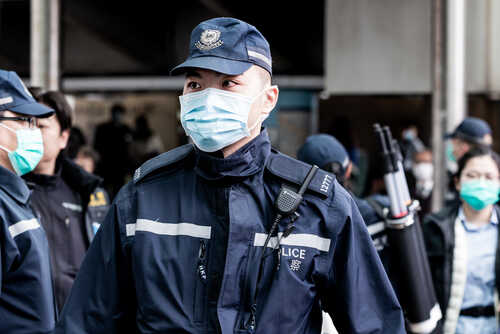On Monday, Human Rights Watch reported that the governing Communist Party of China had sentenced two famous Chinese human rights attorneys to more than ten years in jail.
According to the rights organization, two men, Xu Zhiyong, 50, and Ding Jiaxi, 55, were both handed lengthy jail terms for the nebulous crime of “subversion of state authority.”
With the political upheaval of the 1966–1976 Cultural Revolution and the brutal assault on the student–led pro–democracy rallies centered on Beijing’s Tiananmen Square in 1989, Xu and Ding are members of a generation of Chinese who hoped the governing party would embrace a more liberal approach to administration.
With a renewed focus on rigorous party control over civil society and free expression, the current party leader and head of state, Xi Jinping, has ended such notions. The success of China as the world’s second-largest economy, with its carefully enforced social stability and expanding worldwide influence, is used by him and the faithful members he picked for the Politburo Standing Committee to defend their monopoly on political power.
For their oppositional views and advocacy on behalf of individuals without a voice inside the country’s authoritarian political structure, both Xu and Ding spent significant time behind bars.
In 2015, soon after Xi took over as party leader and president, he ordered the detention of over 200 attorneys and legal activists. Most were freed with warnings after being detained for months, during which time others reported being tortured and pushed to make confessions. In many cases, they had very little access to legal counsel or were obliged to have counsel they strongly disagreed with.
The regime’s dread of dissident voices, even online and without presenting any physical challenges to its overwhelming power, “subversion” arrests are becoming more and more commonplace in a country that once seemed to be loosening its grip on its people.
In 2018, Xi abolished presidential term limits, opening the door to an unprecedented third term and the possibility of governing in perpetuity.


















